This article was co-authored by Hannah Park and by wikiHow staff writer, Hannah Madden. Hannah Park is a professional stylist and personal shopper with experience in e-comm styling, celebrity styling and personal styling. She runs an LA-based styling company, The Styling Agent, where she focuses on understanding each individual she works with, and crafting wardrobes according to their needs.
There are 13 references cited in this article, which can be found at the bottom of the page.
This article has been viewed 29,461 times.
If the hot weather is about to hit your area, you may be thinking of buying a new swimsuit to wear to the pool or the beach. Finding a swimsuit that fits you well can be challenging, especially if you are ordering one online. To make this process easier, you can measure your bust, hips, waist, and torso and use a size chart to find a swimsuit that will fit you the best.
Steps
Measuring Your Bust, Waist, Hips, and Torso
-
1Dress in tight clothing that doesn’t wrinkle. When you take your own measurements, it is important that your clothing doesn’t interfere. Put on skin-tight clothing that won’t wrinkle up, like a tank top and leggings.[1]
- You can also wear your undergarments only if you feel comfortable doing so.
- Be sure to stand up straight during your measurements to get the most accuracy.
-
2Wrap the tape measure around the fullest part of your bust. Find the part of your chest that sticks out the furthest. Wrap the tape measure around this part of your bust to find out your bust size and write down this measurement.[2]
- Keep your arms straight down at your sides for a more accurate measurement.
- Make sure you pull the tape measure taut against your skin but not so tight that it digs in.
Advertisement -
3Measure your natural waistline underneath your ribs. Find the bottom of your ribs by feeling along your torso. Put your hands just below your bottom ribs and above your belly button. Wrap your tape measure around your waistline and write that measurement down.[3]
- Your waistline is different than your hips and may not be as low as you think. Look for the area in your torso that dips in slightly on either side.
- Your waist measurement is especially important if you are looking for a high-waisted bikini.
-
4Find your hips and measure the widest part of them. Put your hands on either side of your torso near your pelvis. Feel for your hips by finding the area just above your rump. Wrap the tape measure around your hips and write down this measurement.[4]
Tip: You can also feel for your hip bones. They will feel like rounded, pointy bones on either side of your pelvis.
-
5Wrap the tape measure length-wise around your torso to measure your upper body. This measurement might feel slightly strange, but it is important to see how long your upper half is for an accurate size measurement. Wrap the tape measure around your torso vertically so it goes between your legs and over one shoulder before meeting the other end of the tape measure over your abdomen. [5]
- If you are having a friend help measure you, you can take the tape measure from them and do this one yourself.
Finding Your Size
-
1Look at the size chart on the website if you are shopping online. Every brand is different and they often vary on what size fits which measurements. If you are shopping online, find the size chart for the swimsuit that you are looking at. Usually, this will be on the page where you can add the swimsuit to your cart.[6]
- If you are shopping in person, you can ask a sales attendant for a sizing guide or try on multiple sizes until you find your perfect fit.
Tip: You can also look at customer reviews to see if the swimsuit runs larger or smaller.
-
2Match your hip and waist measurements with the swimsuit bottom sizes. Most size charts are given in a table with the sizes on one side and example measurements on the other. Look for your measurements within this table to find out what size is best for you. Swimsuits are usually measured in sizes like XS, S, M, L, and XL.[7]
- If you are in between sizes, it is best to purchase a size down rather than up. Swimsuits shouldn’t be baggy.
- Some swimsuit measurements are given in dress sizes delineated by numbers. You should go by your measurements rather than your usual dress size just in case they don’t match up.
-
3Compare your bust and torso measurements with the swimsuit top sizes. Swimsuit top sizes vary in how they are given. Some sites will use XS, S, M, L, and XL, while others go by bra size. Either way, find your swimsuit top size by matching up your upper body measurements to their chart.[8]
- If you are looking for a one-piece suit, the measurements may all be in 1 chart instead of 2.
-
4Combine all of your measurements if you are buying a one-piece. One-piece bathing suit measurements are usually provided all in 1 chart since they can only be 1 size. Take a look at the size chart that has a bust, torso, hip, and waist measurement to find your correct size.[9]
- Most competitive swimwear measurements will be provided in a single chart.
Purchasing a Swimsuit for Your Body Type
-
1Choose a one-piece if you swim competitively. Most swim competitions like diving, racing, and water polo, require you to wear a one-piece to compete. One-pieces provide the most coverage and remove the threat of a wardrobe malfunction so that you can focus on competing.[10]
Tip: Your competition might have more strict guidelines for swimsuits. Check with your coach or team to find out what swimsuit you need.
-
2Wear a top with underwire if you have a larger bust. Swimsuits are made out of fabric that doesn’t absorb water, so they aren’t always the most supportive. If you have a larger bust, look for one-pieces or bikinis that have an underwire bra within them so that you can feel comfortable while you swim.[11]
- Many swimsuit sizes with a larger bust will have underwire built into them automatically.
-
3Pick a one-piece to give yourself an hourglass shape. If you have more of a rectangle body type and don’t have a ton of curves, you may want to purchase a one-piece suit to emphasize your waist and hips. This can make your torso look less boxy and give you a smaller-looking waist.[12]
- Pick a one-piece that has cut-outs on the torso to create even more of an hourglass shape.
-
4Purchase a high-waisted swimsuit if you have a pear body type. Pear body types are defined by their larger middles. You may have a pear body type if you carry most of your weight in your torso above your hips. You can flatten out this area of your body by choosing a swimsuit bottom that goes up to your natural waistline.[13] [14]
- Avoid buying one-pieces if you have a pear body type. They can emphasize your waistline.
-
5Wear a two-piece suit if you have an hourglass shape. If you have a small waist and larger hips, you may have an hourglass body type. Emphasize your natural curves by buying a bikini swimsuit. If you need extra support for your bust, buy a top that has an underwire bra in it or one with thick straps.[15]
- Tops with halter straps are great for providing extra support without using underwire.
-
6Pick a traditional bikini if you have an athletic build. If your body is more toned and in shape, you may have more of an athletic body type. Choose a traditional bikini with low-rise bottoms and a strappy top to show off your figure and emphasize your toned body.[16]
- This body type is also called the inverted triangle.
References
- ↑ https://www.swimsuitsforall.com/swimschool/questions-and-answers/how-to-measure-your-swimsuit-size/
- ↑ https://www.youtube.com/watch?v=BnPq4gIyhN4&feature=youtu.be&t=16
- ↑ https://www.youtube.com/watch?v=BnPq4gIyhN4&feature=youtu.be&t=23
- ↑ https://www.youtube.com/watch?v=-4fDrEysB2g&feature=youtu.be&t=52
- ↑ https://www.youtube.com/watch?v=-4fDrEysB2g&feature=youtu.be&t=71
- ↑ http://www.sizecharter.com/clothing-fit-and-measurement/how-to-use-clothing-size-charts
- ↑ http://www.sizecharter.com/clothing-fit-and-measurement/how-to-use-clothing-size-charts
- ↑ https://www.youtube.com/watch?v=03FOokFp-Hk&feature=youtu.be&t=160
- ↑ http://www.sizecharter.com/clothing-fit-and-measurement/how-to-use-clothing-size-charts
- ↑ http://www.sizecharter.com/fashion-and-style-tips/find-your-body-shape
- ↑ http://www.sizecharter.com/fashion-and-style-tips/find-your-body-shape
- ↑ https://www.youtube.com/watch?v=2C2fI5baPm8&feature=youtu.be&t=70
- ↑ Hannah Park. Professional Stylist. Expert Interview. 21 February 2019.
- ↑ https://www.youtube.com/watch?v=qRdSFmGYVNo&feature=youtu.be&t=60
- ↑ https://www.youtube.com/watch?v=2C2fI5baPm8&feature=youtu.be&t=257
- ↑ https://www.youtube.com/watch?v=2C2fI5baPm8&feature=youtu.be&t=370
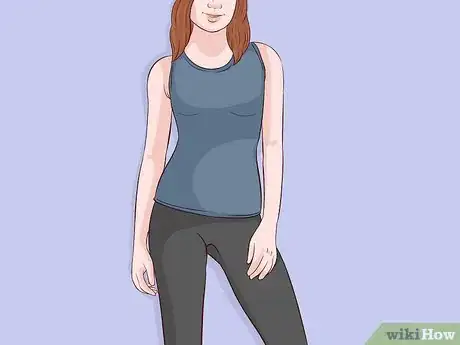
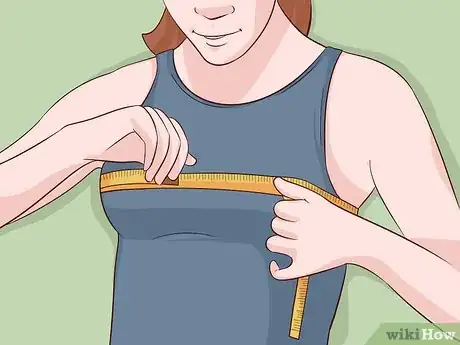


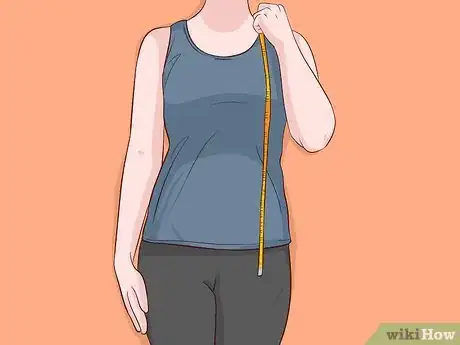
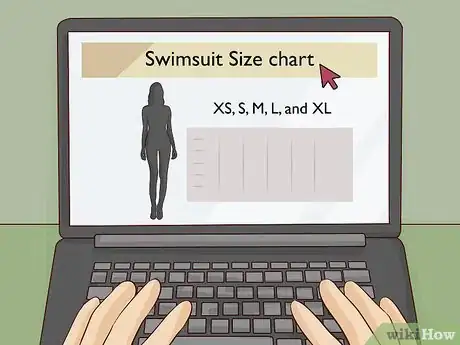
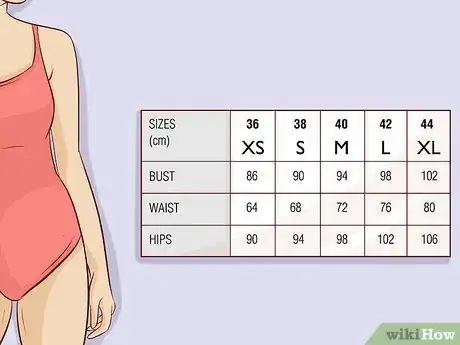
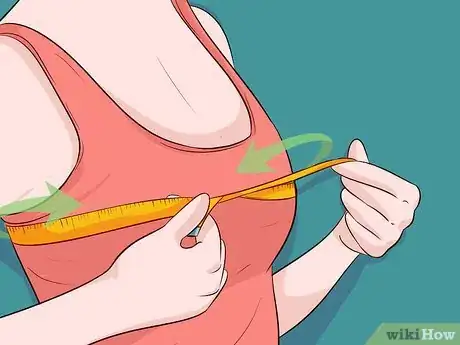
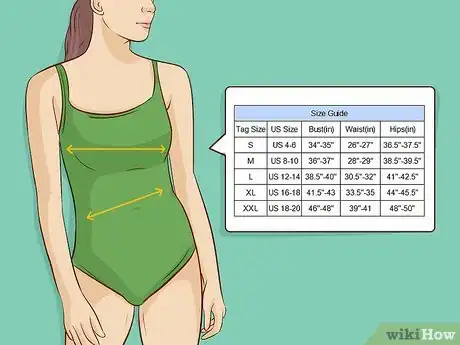
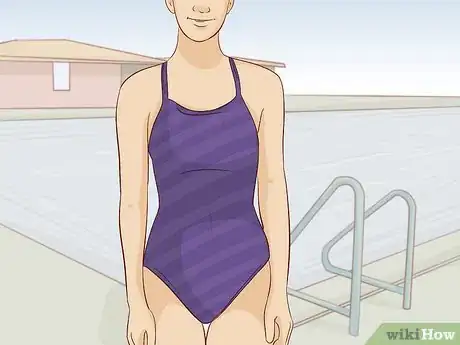
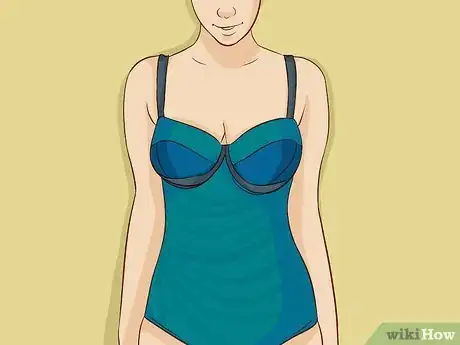
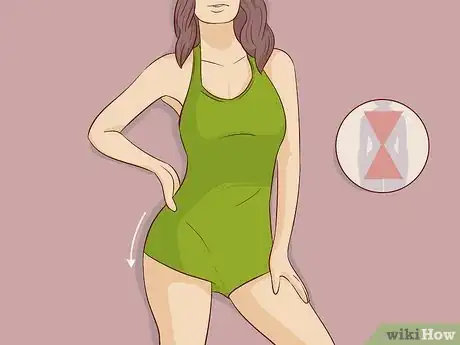
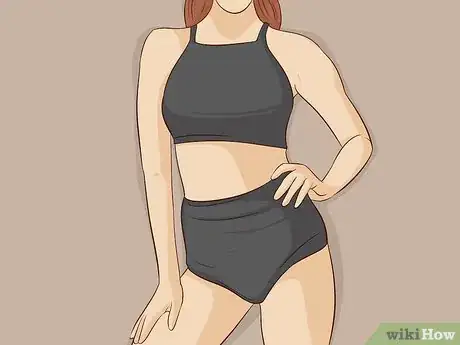

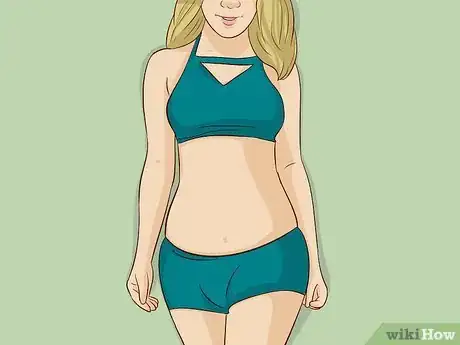
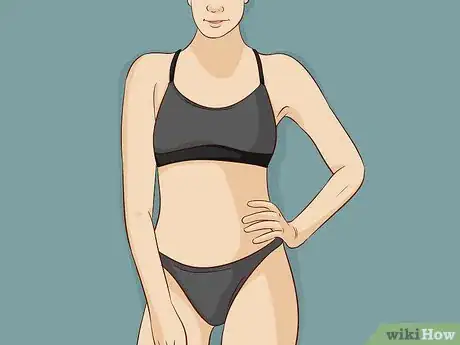
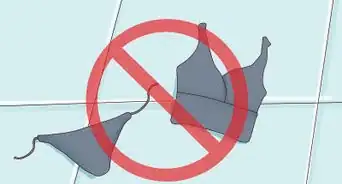
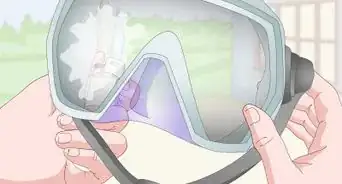

-Step-12-Version-3.webp)






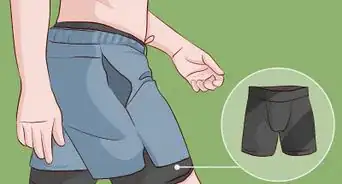








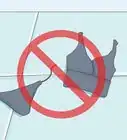


-Step-12-Version-3.webp)


































